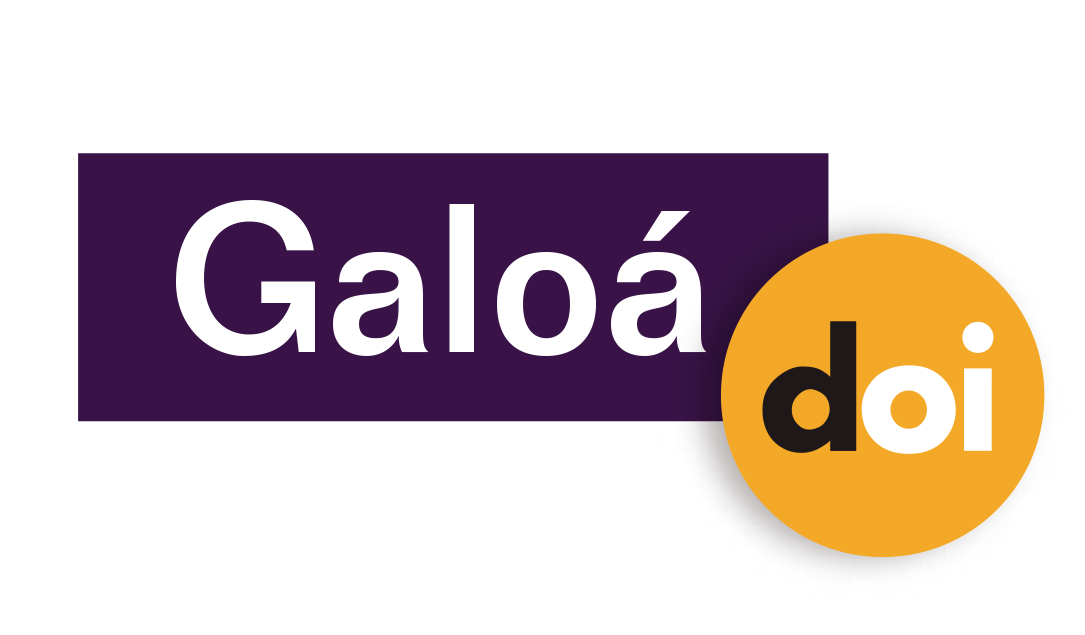Meaning of Problem in School Mathematics: From Exercise and Application to the Learning-Triggering Problem
Resumo
Background: There are, in the school context, especially in mathematics education, different historical and cultural meanings that are being produced and impregnated in the term Problem, as well as different understandings regarding the roles of Problems in teaching practices, which justifies studies focused on to the analysis of the implications of such conceptual meanings in the training of teachers who teach mathematics. Objectives: The aim is to answer the question: What are the meanings of Problem present in research and publications that dialogue with training for teaching mathematics? What would be, specifically, the meaning of Problem from a cultural-historical perspective? Design: The research was carried out with students of the degree course in mathematics of a Brazilian public institution, in which they participated in a training movement that had Problems as mediators. In the context of that research, theoretical and bibliographical studies were developed to understand ideas impregnated in didactic-pedagogical proposals that exalt the importance of Problems in teaching practices. We recognise these ideas as meanings based on the analysis that considers the theoretical and methodological assumptions of the cultural-historical theory. Setting and participants: Publications that circulated in the context of the training course for mathematics teachers were analysed, which contextualised the research that gave rise to this clipping about the understandings of the authors of those texts regarding their understanding of the possible relationships between the Problem and the teaching of mathematics. Data collection and analysis: The texts were selected from the bibliographies present in the teaching plans of the subjects of that degree course or that were used as a textual reference during the formative experiment carried out to produce research data and were analysed according to the assumptions of the cultural-historical theory to the concept of meaning. Results: The results point to the constitution of meanings according to which the Problems are usually adopted, in teaching practices, as lessons already presented or as opportunities to apply concepts in supposedly everyday situations. There is also a process of meaning from which the Problems are understood, from a cultural-historical perspective, as triggers of mathematics learning. Conclusions: The main conclusion points to the understanding that the Problems play, historically and culturally, some roles in mathematics teaching practices, among which, three stand out: they are opportunities to practice lessons already taught; they are opportunities to apply techniques, algorithms, or definitions in simulated situations (problem solving); or they are learning-triggering problems.
Palavras-chave
problems; problem solving; learning-triggering problem; cultural-historical theory; mathematics teaching
DOI: https://doi.org/10.17648/acta.scientiae.7714
Apontamentos
- Não há apontamentos.
Direitos autorais 2023 Wellington Pereira das Virgens, Vanessa Dias Moretti

Esta obra está licenciada sob uma licença Creative Commons Atribuição 4.0 Internacional.
ANÚNCIOS
Informamos que, a partir de março de 2026, está reaberto o aceite de submissões.
Mais, informamos que sites fraudulentos, https://periodicos-ulbrabr.org e https://periodicos-ulbrabra.org, estiveram se passando pela Acta Scientiae, utilizando nosso nome e identidade visual e até solicitado taxas de APC, que nós não cobramos. Aconselhamos cautela para evitar serem enganados por sites semelhantes.
Conceito A2 na Capes(2021)
Índice h5 do Google Scholar: 13
Índice mediana h5 do Google Scholar:24
eISSN: 2178-7727
Indexações:
A Acta Scientiae é indexada em: | Scopus |  | Latindex |  | Edubase (SBU/UNICAMP) |
 | Sumarios.org |  | Google Scholar |  | Portal LivRe (CNEM) |
 | Journals for Free |  | REDIB |  | Galoá DOI |

Todos os trabalhos publicados aqui estão sob uma licença Creative Commons - Atribuição 4.0 Internacional.
